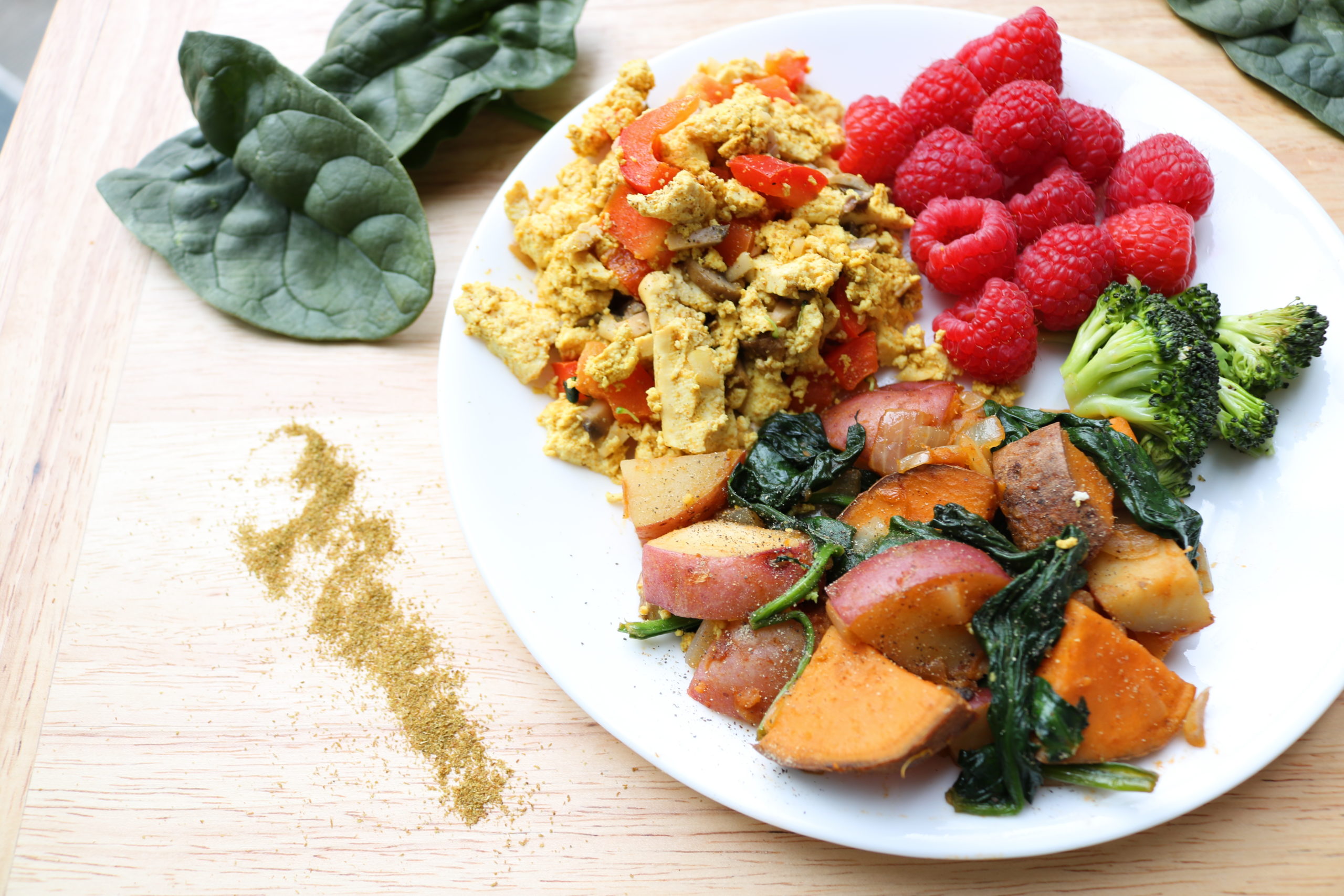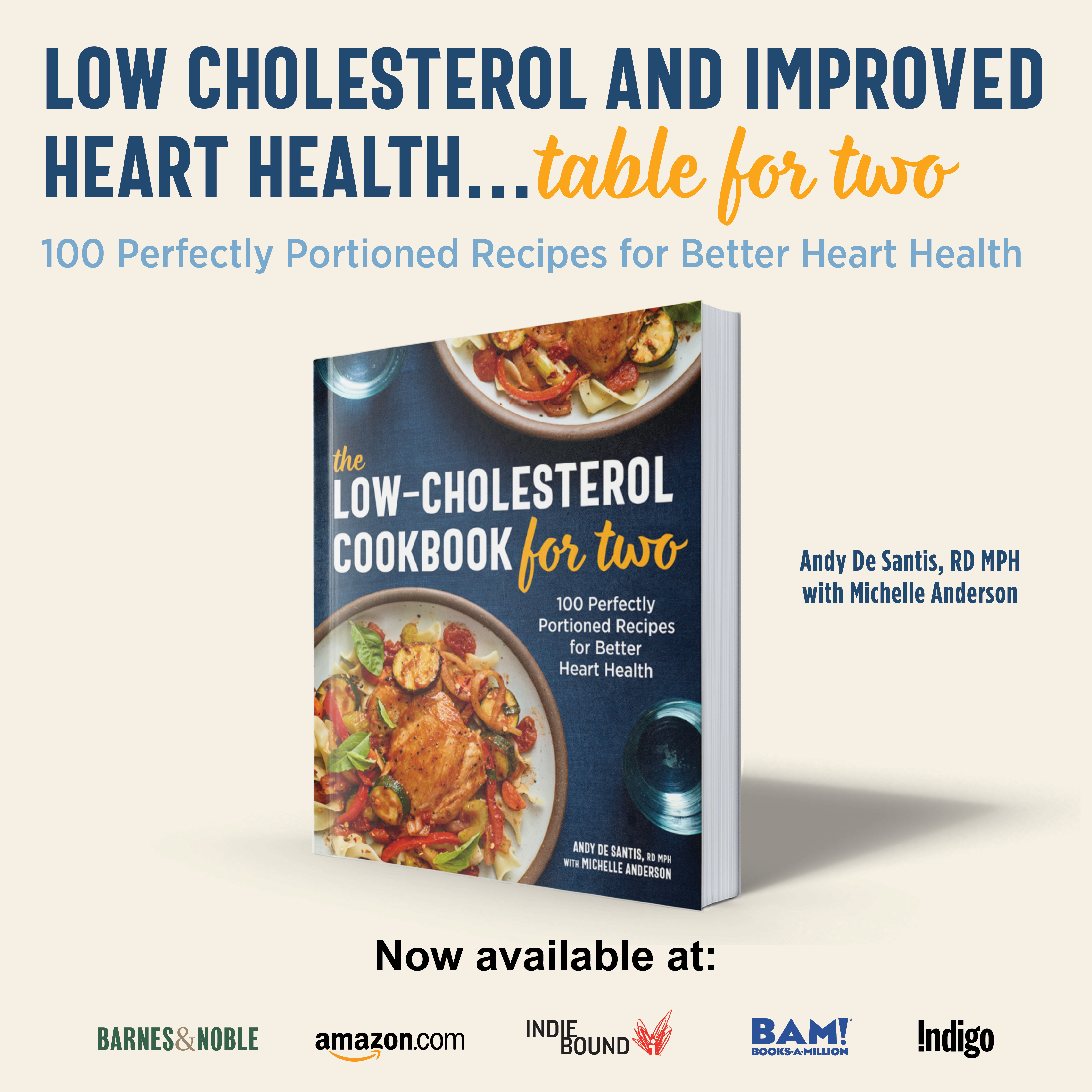I love saving the best topics for last.
With my Low Cholesterol Cookbook For Two officially going on sale TOMORROW!! (March 17th), I knew I had one last piece of unfinished business left.
The eggs and cholesterol debate.
It’s a complicated one, so bear with me as I try to navigate years of mixed messages and conflicting research.
We will keep it simple to start though, let’s define cholesterol.
What Is Cholesterol?
Cholesterol, for those who may not know, is a non-essential nutrient found exclusively in animal-based foods that is used for hormone production and other cellular functions.
A healthy human body manufactures its own cholesterol, meaning you don’t necessarily need to eat any amount from food to function properly.
You never hear of vegans taking a cholesterol supplement for this reason.
Yes, Eggs Are High In Cholesterol
Among commonly consumed foods, eggs are up there in terms of dietary cholesterol content.
But does it matter?
This is the question that the scientific community, media and public at large have been going back and forth with for quite a while – and the one that I will try to answer with today’s article.
So What Is The Current Consensus?
It appears that the scientific community more or less agrees that your overall dietary pattern (the balance of cholesterol raising vs reducing foods) plays a bigger role in determining your blood cholesterol levels than the actual cholesterol content of your diet.
Although not all ( ie: shellfish), many of the foods that contain notable amounts of cholesterol also contain saturated fat ( high fat dairy, red meat and eggs[to a lesser extent]) which is known to contribute to elevated LDL levels.
Although emerging evidence suggests saturated fat intake actually increases a less harmful type of LDL, it’s hard to deny that both monounsaturated ( olive oil, avocado, almonds) and omega-3 ( fish, flax, soy,walnuts) fats have much more favourable effects on blood cholesterol and overall cardiovascular health.
This Is Where Things Get Complicated
As it relates to eggs, public health guidance has generally been that an average intake of one egg per day ( 7 eggs per week) was considered to be without risk.
That notion was challenged in 2019, when a Journal Of The American Medical Association (JAMA) paper created headlines by suggesting that eating as few was 3 eggs was associated with a modestly higher risk of heart disease, but not as much as eating a higher amount of TOTAL cholesterol was.
The majority of cholesterol intake of those studied actually came from dietary meat intake.
This is inline with population level data which suggests meat is the primary contributor to total cholesterol intake, with eggs second.
Eggs, Cholesterol And Your Heart
As compared to commonly consumed meat products like burgers, sausages, bacon, ribs and cold cuts – eggs tend to have less stuff that we want to avoid ( saturated fat, preservatives, sodium) and more stuff that we actually need ( specifically the yolk of omega 3 eggs which contains vitamin D, omega-3 fatty acids, antioxidants).
This is a good thing!
Eggs are also widely-enjoyed, economical and delicious foods for all but the vegans among us ( whom, by the way, I respect greatly).
Health Comes From What You Do, Not From What You Don’t
Good health and longevity is arrived at by the regular inclusion of protective foods such as fruits, vegetables, nuts, seeds, legumes and whole grains.
Can we say that eggs bring as much to the table from the pure “health” perspective as foods from those groups? We can’t.
But that does not mean you should fear, avoid or minimize their intake.
If you have a strong dietary pattern , I would not waste much energy worrying about your egg intake.
If you have concerns about your dietary pattern, I would STILL not waste much energy worrying about your egg intake.
Among the foods eggs are often served with ( sausage, bacon) – eggs should be the least of anyones concerns.
Instead focusing on surrounding eggs with the key foods you may not get enough of makes more sense.
Legumes tend to be a big one and, quite honestly, combining eggs with legumes is incredibly easy.
Check out this tempeh bacon and egg sandwich, or this chickpea and egg bowl.
Still Concerned?
One of my primary health messages involves encouraging people to trend towards more plant-based styles of eating, which usually ends up meaning eating more like a pescatarian.
It’s hard to deny that eating more plants has great potential to improve longevity and overall health.
It’s equally hard for me to deny that tofu can be quite easily made to replicate scrambled eggs and offers a very easy way to alter the plant:animal protein ratio in your diet.
And it tastes pretty damn good too.
So let me go full devil’s advocate on you now.
How many eggs have you had in your life?
How many bricks of tofu have you had in your life?
If we accept that variety is the spice of life, and that eating more plant-based helps too, perhaps it’s time to mix up your routine up a little bit?
Just a thought.
Not sold on soy? I wrote a comprehensive article on why you SHOULD NOT believe the myths.
Final Thoughts
The topic of today’s discussion, given the current mixed state of the evidence, is not suitable for a decisive conclusion.
I’ve provided a blend of hard facts and my own professional interpretation and opinion, as any good writer should.
For what it’s worth, I eat both tofu and eggs multiple times each throughout the week and I’d love to encourage my fellow omnivores to do the same.
Oh, and…..
My New Book Will Help!!
Available for pre-order now and officially on sale and shipping March 17th [TOMORROW] – my Low Cholesterol Cookbook For Two contains over 100 recipes and a chapter full of cholesterol-lowering education to help get you to where you want to be.
Want to live in a world where you can optimize your health while enjoying both eggs and tofu without second thought?
My book is the perfect solution.
Andy De Santis RD MPH





